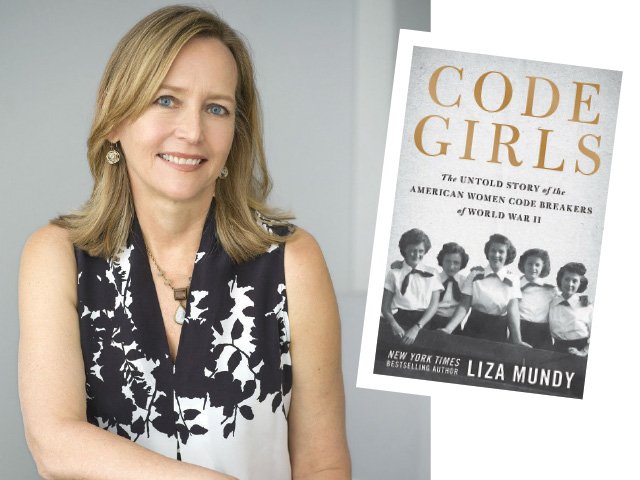Last week MIT’s Computer Science and Artificial Intelligence Laboratory (CSAIL) hosted a discussion with New York Times best-selling author Liza Mundy on her latest book, “Code Girls”, about the American women who cracked the Japanese and German code to help win World War II.
While you might be familiar with NASA’s Katherine Johnson of Hidden Figures, Mundy’s book sheds light on another major unknown contribution by women in tech: the 11,000 women who served as code breakers to helped secure an Allied victory in the 1940’s.
Mundy described how, in 1942, the United States military launched a secret program to recruit young, female college graduates to help with the war effort - an, inclusive, all hands on deck approach that invited in more marginalised groups: Native Americans, African-Americans, and women.
Before the war, in a time when only 4 percent of women pursued a college degree - those who did had twin pressures to not only do well in school, but also find a husband and get married. Many campuses were closed to women, existing jobs were mostly for school teachers, and women were largely shut out of professional societies - until the war helped change some of that.
As America launched into unimaginable total global war, young females from top universities were then recruited to the nation’s capital for top secret work, using linguistics and complex math on early IBM computers to decode encrypted enemy messages.
While the women were sworn to secrecy and their contributions were cloaked by darkness, Mundy made a shocking discovery: declassified documents at the archives of the National Security Agency (NSA).
In these files, she uncovered how the women of World War II learned the tools to serve as human “computers,” including understanding ciphers (the study of cryptographic algorithms), creating working “bombe” machines to decode German messages from the Enigma machine, and detecting patterns to find Japanese naval codes.
“This inclusion of women in the war effort proved to be a pivotal turning point in world history,” says Mundy. “These female cryptographers changed the trajectory of our country - and it went largely uncredited until now.”
